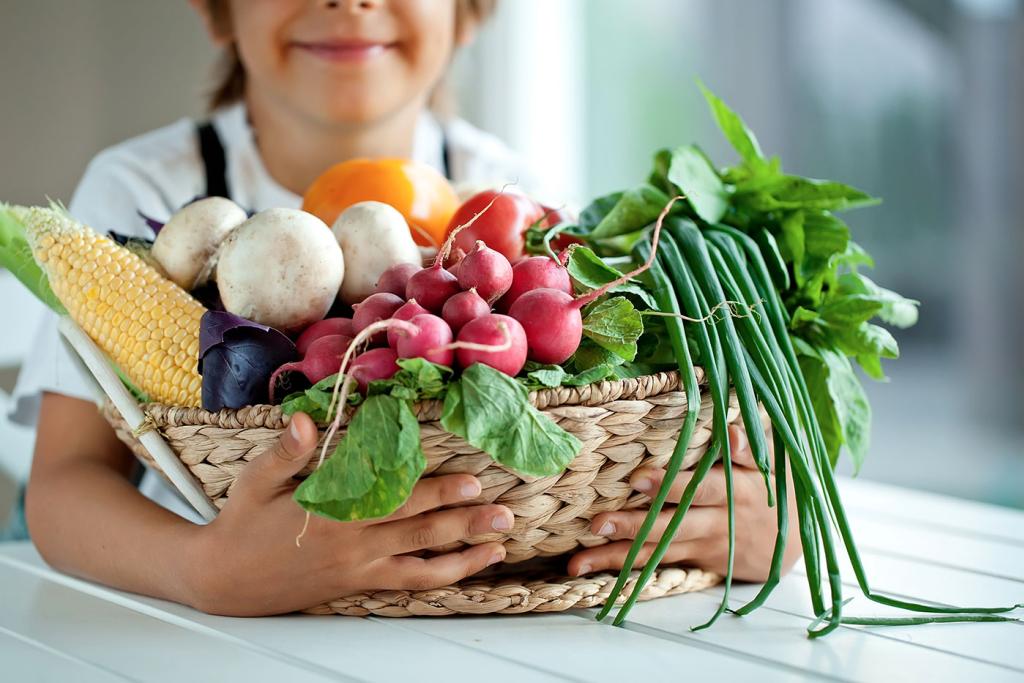Aug 10, 2022USDA expands funding of produce as medicine programs
The U.S. Department of Agriculture is using $8 million to support “prescription” programs that pay for fresh fruits and vegetables to improve the health of consumers.
The Gus Schumacher Nutrition Incentive Program (GusNIP) is part of USDA’s American Rescue Plan and is administered through the agency’s National Institute of Food and Agriculture (NIFA).
GusNIP Produce Prescription projects provide financial and non-financial incentives to income-eligible individuals and families to purchase fresh fruits and vegetables to improve dietary health.
By bringing together stakeholders from various parts of the food and health care systems, GusNIP projects foster understanding to improve the health and nutritional status of participating households and use data to identify and improve best practices on a broad scale.
“USDA continues to make strides in transforming our nation’s food system,” Chavonda Jacobs-Young, Under Secretary for Research, Education and Economics and USDA Chief Scientist, said in a news release. “Through this investment, USDA is making more nutritious food available to more people at more affordable prices. The GusNIP Produce Prescription program demonstrates the invaluable impact that access to fresh fruits and vegetables has on communities in need.”
The awards fund GusNIP Produce Prescription meritorious applications from fiscal year 2021 that were highly ranked but could not be funded at the time due to budget constraints. Seventeen projects are being funded, including:
Common Pantry’s Food MD Program, New York, New York, in collaboration with clinical partners, will screen and identify qualifying patients for a three-month Nutrition Education and Food Resource intensive training, building healthy dietary behaviors and increasing household food security for patients diagnosed with or at risk of developing diet-related chronic disease.
The Appalachian Farmacy Produce Prescription Program, Johnson City, Tennessee, will provide 360 participating households with at least $240 in direct incentives per year to purchase fresh produce from local farmers markets and grocery stores.
The Friends in Service to Community Food Bank, Kittitas County, Washington, will improve health outcomes, reduce health care use and costs, improve nutrition self-efficacy and sustain subsidized Community Supported Agriculture shares of Medicaid patients with diet-related health conditions.
University Healthcare Physicians Inc., Martinsburg, West Virginia, will employ a mobile teaching kitchen/distribution unit that expands access to healthy food and culturally appropriate cooking and nutrition education across clinical sites in the eastern panhandle of the state.
NIFA invests in and advances agricultural research, education and Extension across the nation to make transformative discoveries that solve societal challenges. In fiscal year 2021, NIFA’s total investment was $1.96 billion.















